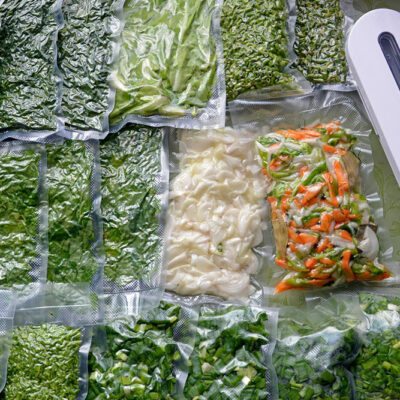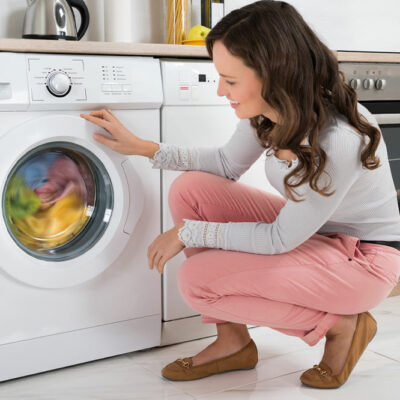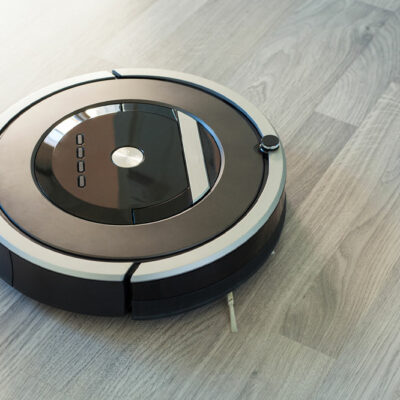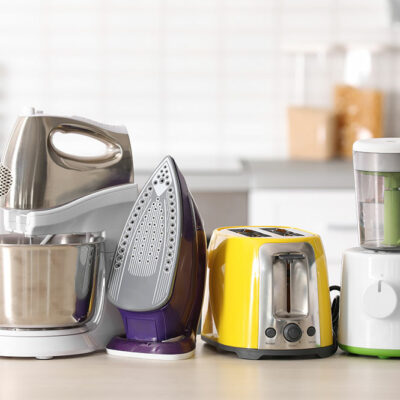
11 common dishwasher mistakes to avoid
A dishwasher has made it possible to streamline the daily chore of washing utensils. This efficient appliance helps save money and conserves more water compared to washing plates by hand. Despite its widespread use, some people unknowingly make common mistakes that reduce the effectiveness of their dishwashers and even cause them to wear out over time. Here are ten such dishwasher mistakes to avoid and ways to rectify them for optimal performance of the appliance. Rinsing the dirty dishes well before loading While it might seem fruitful to rinse the dishes before loading them in the dishwasher, experts say that this practice might actually be counterproductive. Dishwashers are equipped with a turbidity sensor, designed to measure the level of soil during the initial rinse cycle. With pre-rinsing, the dishwasher may sense that the dishes are already clean and use less power, resulting in dirtier utensils. To avoid this, one can simply scrape or throw solid chunks of food in the bin and let the dishwasher do the cleaning bit. Overfilling or overstacking When overfilled, the dishwasher does not adequately clean all the dishes, needing additional wash cycles. This, in turn, consumes more time and energy and results in an unnecessary waste of detergent.
Read Article 









